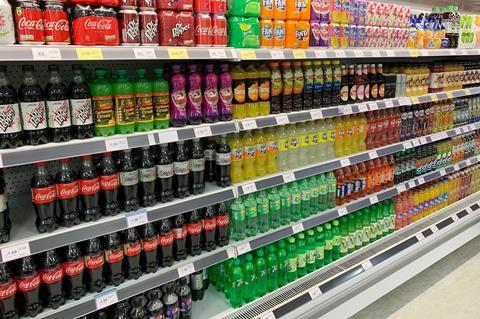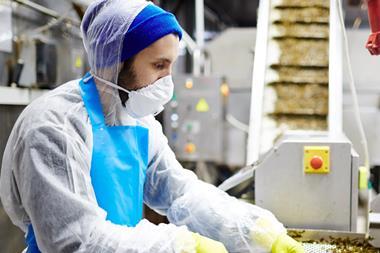
As we continue to recover from the Covid-19 crisis, inflation and supply chain disruption are becoming the most talked about challenges in the food and drink industry. While consumers are worrying about how much prices will rise, companies are looking at how they can pass on costs without hurting their volumes.
For soft drink companies, the impact will largely depend on the make-up of their business. Inflation is becoming ever more prevalent across the board, leading to rampantly rising costs across supply chains. However, it will be felt most keenly where supply chain disruption has already been the biggest issue. So soft drink companies that are heavily dependent on third party distribution will be particularly vulnerable, with the cost of transport containers going through the roof.
On the flip side, larger operators with strong pricing power will be able to navigate this landscape more successfully, passing on some cost burdens to consumers. At the same time, the scale of inflation means even the leading players will struggle to recoup the same levels of profit through rising prices alone. There will also be lags in these implemented processes across the board, affecting overall business performance and profitability.
The overall scale of the issue is reflected in the performance and obstacles arising for some of the key soft drinks players, hindering their ability to alleviate these pressures. For instance, though Fever-Tree has pricing power as a popular brand, it is already selling as a premium product, leaving less wiggle room to increase prices amid the backdrop of the rising cost of living crisis. Elsewhere, Britvic is still in recovery mode, having been heavily affected by the Covid-19 lockdowns, which froze its ability to trade via the on-trade and out-of-home channels on which it is reliant.
More widely, it is evident that the consumer savings boom during the coronavirus crisis is no longer easing inflationary pressures for the industry. UK household savings have been depleted due to rising costs across many sectors – especially in energy – quickly eroding the disposable income and suggesting the consumer ability to spend is not here to stay. This poses a significant problem for businesses hoping to pass on costs.
However, it’s not all doom and gloom. There are many strategies companies can employ to help mitigate inflationary effects. At the moment, a staggering 80% of soft drink sales are generated through promotions in the UK. This is therefore a key lever businesses can adjust and reduce in order to stabilise sales and offset the impact of inflation.
Other means include pursuing a ‘shrinkflation’ strategy across products, selling smaller items for the same price. Businesses that have more control and flexibility when it comes to their manufacturing process will be best placed to take this route.
Many brands will currently be in tense price negotiations with key distributors and supermarkets. To convince these groups to accept the desired price increases, soft drinks companies will need to demonstrate they are doing everything possible internally to improve margins first. This includes reducing marketing spend, promotional activity and looking at whether they can be more efficient with their labour, manufacturing and packaging costs.
The food and drink categories that have exhibited higher levels of growth and greater footfall in these stores will be better placed to have these conversations, so this is good news for the energy drink players, which have experienced rising popularity in recent months.
So while there are clearly many obstacles facing even the strongest performers in the sector, hope is on the horizon for those able to adapt and implement new strategies in response to the rising inflationary pressures.



















No comments yet